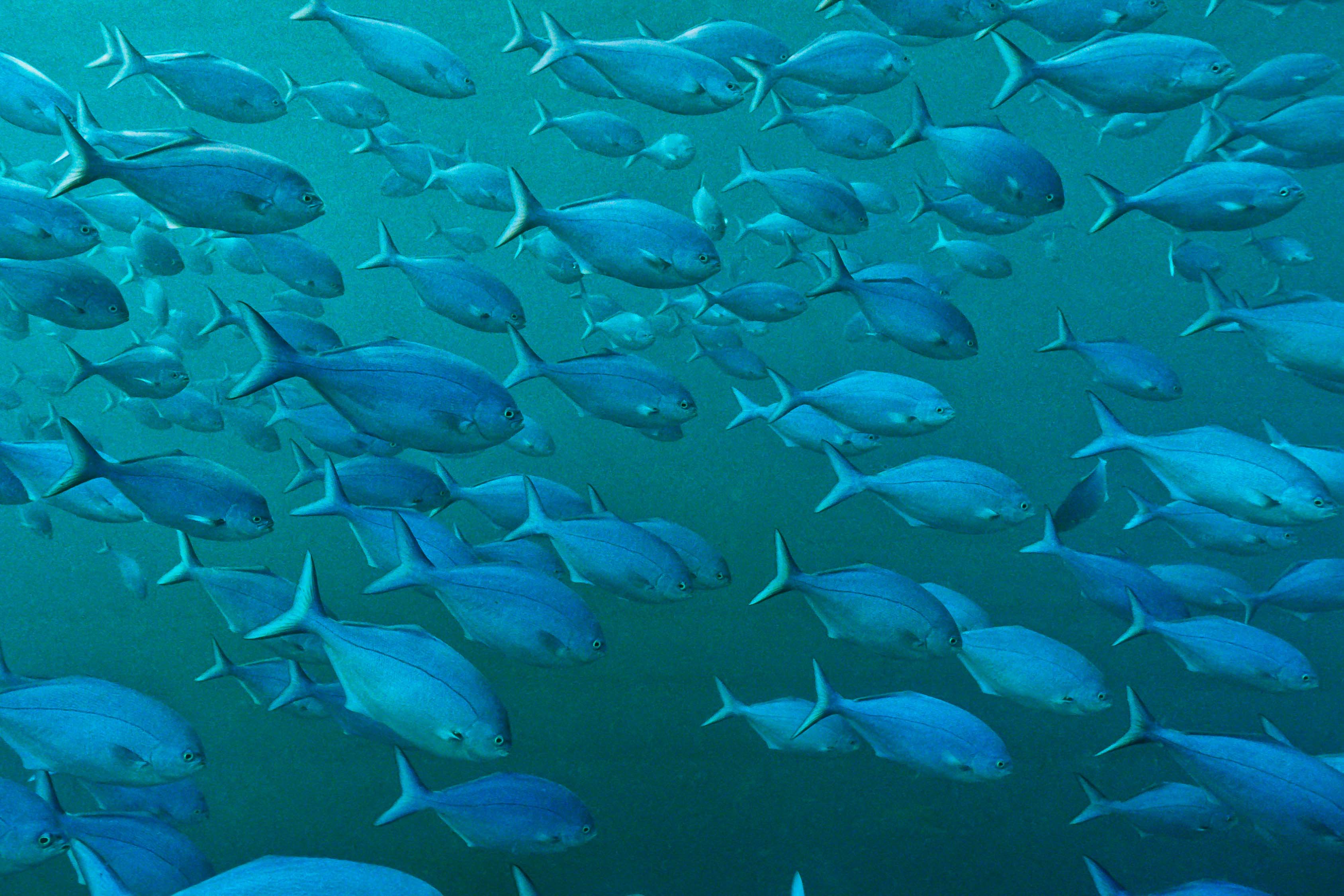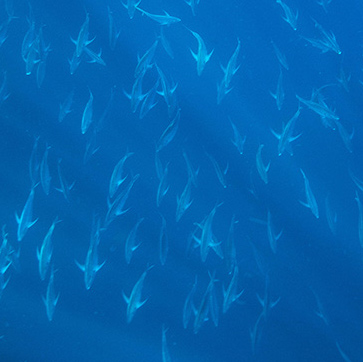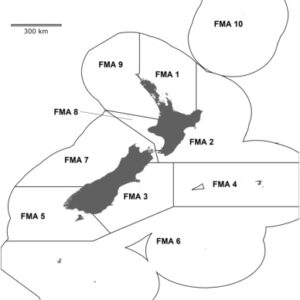LegaSea comments
LegaSea supports marine reserves where they deliver tangible benefits to the marine resources.
Where marine reserves are proposed as a conservation measure for fisheries management we have found, through experience and research, that they do not always deliver the intended benefits. Contrary to current legislation and often in response to inadequate fisheries management, various parties have attempted to promote marine reserves as a fisheries management measure.
We are committed to achieving a higher biomass in depleted fisheries, through reducing waste and indiscriminate fishing related mortality. LegaSea also supports measures that will enhance our marine environment so all species can thrive in a healthy ecosystem. Ultimately we want to sustain as much of our marine environment for future generations, not just selected pockets.
LegaSea is a subsidiary of the New Zealand Sport Fishing Council (NZSFC). The Council’s marine reserve policy is as follows –
- The NZSFC is not opposed to the establishment of marine reserves in situations where it has been clearly established that a need for special protection exists. This should not include average or typical examples of marine habitats, but rather areas that are “particularly fragile and/or vulnerable to a range of potential impacts and enforcement is more practical than other mechanisms.” The onus should be on the proposer to justify the need for marine reserve status.
- Justifying the establishment of reserves by arguing the benefits of spillover effects, genetic variation and regeneration of juvenile fish are extremely tenuous arguments at best, which we do not support. Whatever the possible benefits, marine reserves cannot be justified as fisheries management tools.
- The nature of our fishing activities utilizes many of our offshore islands, many of which appear to be targeted for marine reserve status. The NZSFC will vigorously oppose any marine reserve proposal that attempts to take the total area around any offshore island, such as has occurred at the Poor Knights. Such action seriously disadvantages our members. If marine reserve status can be justified in the case of any offshore island, it must follow the basic pattern of the Tuhua (Mayor Island) reserve, where only a portion of the waters are reserved for “no take”, such compromise to be reached through genuine negotiation between our members and other stakeholders.
- That all marine reserves applications have had ample notification in a timely manner to enable meaningful submissions and consultation by the public, affected NZSFC clubs and the Council itself.



